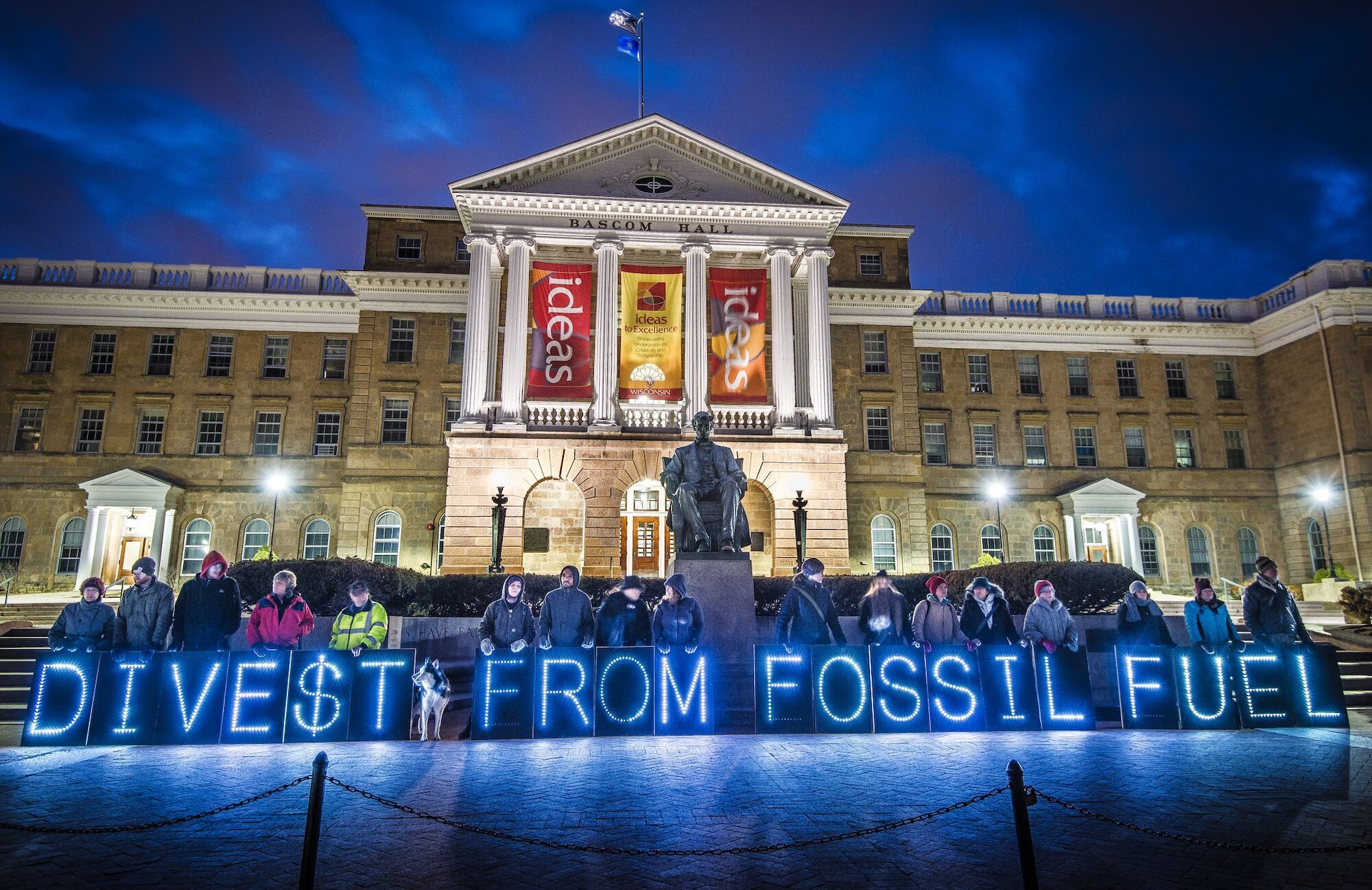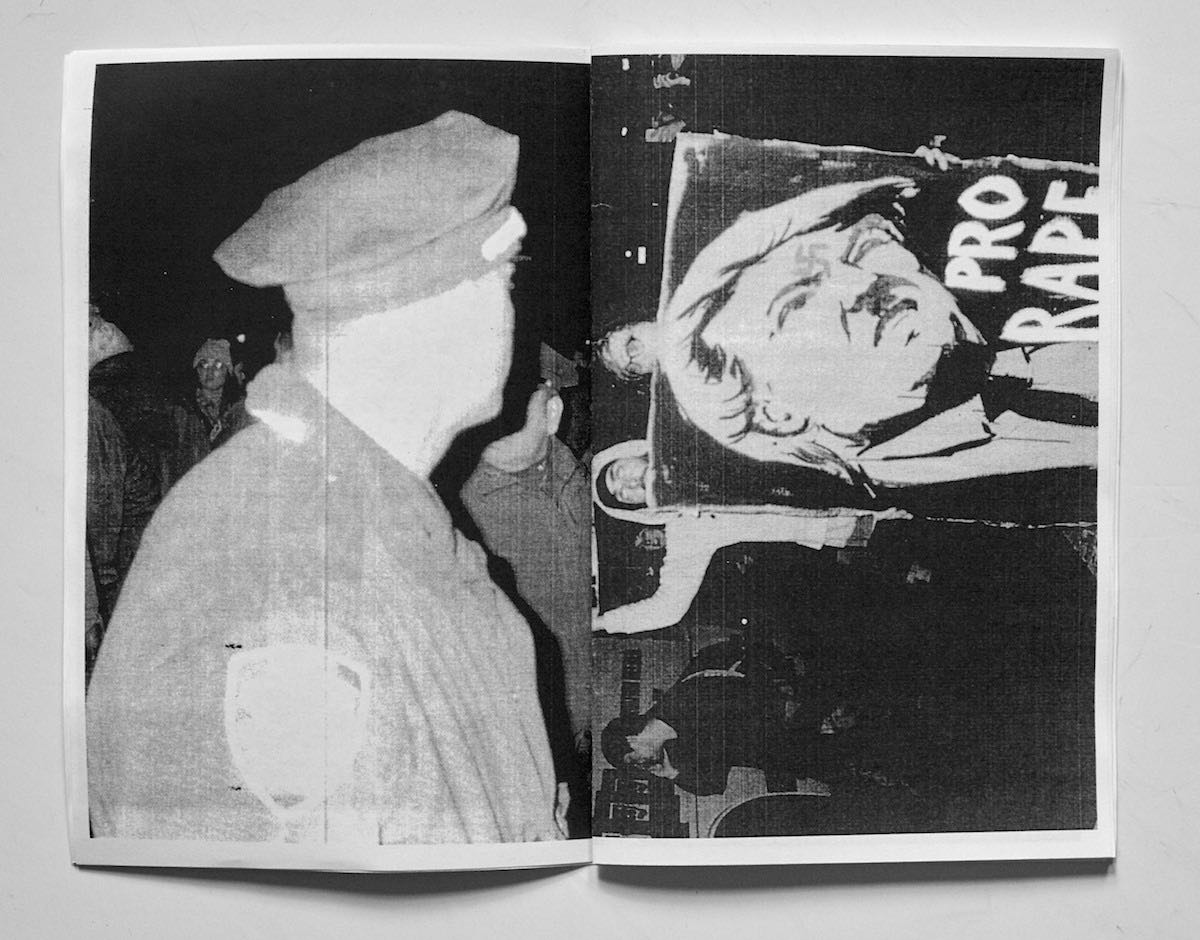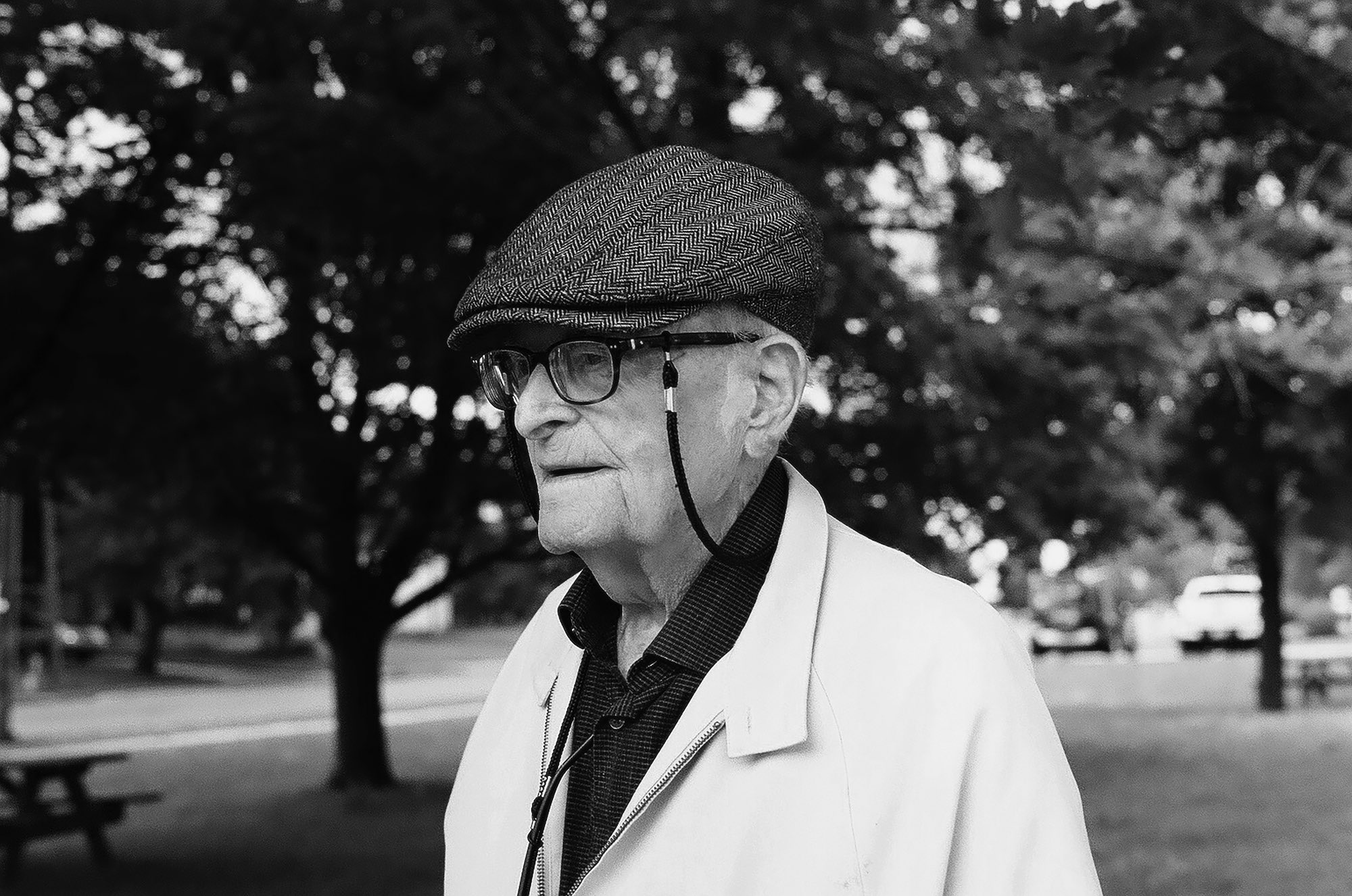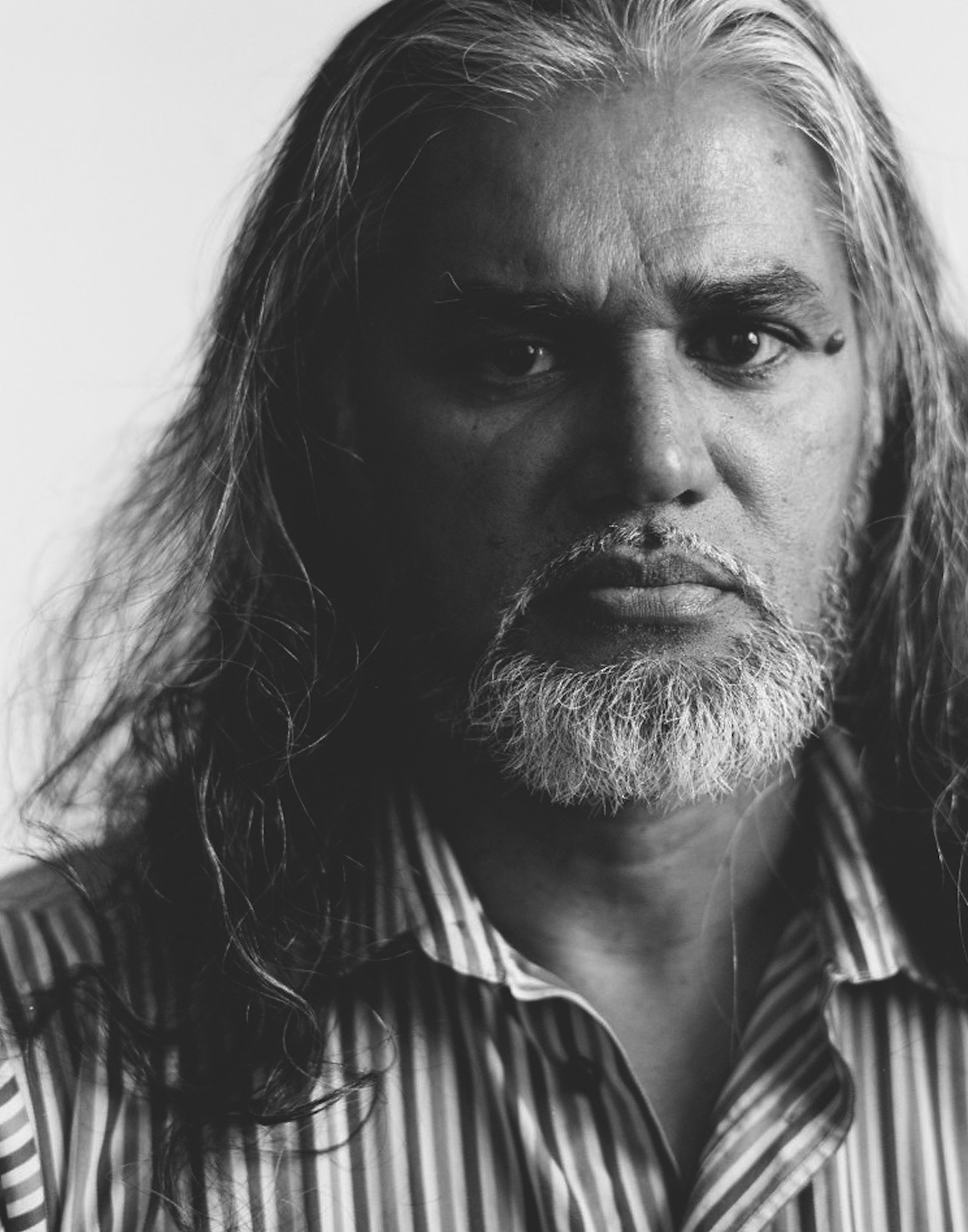'We Have a Chance': Bill McKibben

The founder of pioneering environmental action group 350.org explains what’s causing this activist moment, why art is key to making movements that sing, and how we can all best make a difference
When it comes to environmental activism, Bill McKibben is the OG. His 1989 book The End of Nature pretty much introduced the idea of climate change to a general audience, and in 2008 he founded 350 (later 350.org), the first global grassroots movement focused on the climate crisis. 350 was named after “350 parts per million” – the safe concentration of carbon dioxide in the atmosphere. Alas, we’ve already gone well past 410ppm.
McKibben has also published books about everything from genetic engineering to AI, while 350.org has organised more than 20,000 rallies around the world, in every country apart from North Korea. It also brought the Keystone XL Pipeline resistance to global attention, helped youth activists organise last year’s Global Climate Strike, and kicked off the fast-growing divestment movement, which has pressured organisations such as universities and retirement funds to pull $11 trillion (so far!) out of the fossil-fuel industry.
In autumn 2019, Good Trouble called him in upstate New York, where he lives in the mountains near Lake Champlain. (This feature is taken from the current issue of Good Trouble, available now.)
Infamously, there was barely a question about the climate crisis during the 2016 presidential debates, while more recently we saw channels like CNN hosting entire town halls about the issue for the Democratic primaries. What do you think that change is down to?
We’re clearly in a climate moment now, and that comes from several places. There’s been ten years of activism building a climate movement, which eventually has its effect… Mother Nature keeping on hitting us upside the head has its effect too. Last year, the world’s scientists finally put a deadline on us – we need to be making fundamental transformations by 2030 – and I think that helped spur yet another round of activism. Extinction Rebellion, Fridays for Future, the Green New Deal… All of it is producing a strong consensus for action. I think the question now is whether that action can come fast enough or not.
“We’re clearly in a climate moment now… There’s been ten years of activism building a climate movement, which eventually has its effect”
Because we’re now living in the time that scientists and people like yourself have long been warning us about! We’re seeing and feeling the effects of climate change on a daily basis. So, in many ways it is obviously too late, but does it now give you hope that finally we’re going to start to see the scale of action that is really required?
Yes. We’re clearly beginning to see action happen, and the questions now are about pace. One of the good things that’s happened over the last decade is the engineers have done their work very well, and the price of a solar panel has dropped 90%. This is now the cheapest way to generate power around most of the world. And eventually, that’s where we’ll end up. Suddenly, five years from now, we’re going to run the planet on sun and wind – because it’s free! But the current pace of the transition is so slow that the world that we run on sun and wind in 75 years will be a fundamentally broken world.
Our job, the job of activists, is to speed up the pace of that transition, and make it happen much faster than it would from economics alone. Truthfully, we just don’t know if we can make it happen fast enough. This is a physical experiment that we haven’t carried out before as long as humans have been on the planet… So far, everything is happening much faster than scientists have expected, and on a much larger scale. And that does scare me sometimes.
From the perspective of someone who has been at the forefront of this fight for so long, does it feel to you that 2019 and 2020 have the potential to turn out to be really pivotal years?
Yes, absolutely. There are a lot of good trends right now. There are also a lot of bad trends too. It could be pivotal in other ways – under the Bolsonaro government, deforestation rates in the Amazon are way up. And under the Trump government, we’re about to start drilling for oil in the Arctic National Wildlife Refuge.
So there’s two countervailing trends here, and we really are in a a deep and desperate fight. That said, it’s clear which of these trends is going to prevail eventually. It’s just not clear whether it can happen in the time we have. And that’s why activism and figuring out how to capture people’s imagination is more important than ever, because we need to understand not that we need to make small changes around the margins, but big, urgent, transformative changes.
“It’s clear which of these trends is going to prevail eventually. It’s just not clear whether it can happen in the time we have”
On that note of inspiring actions, in Ethiopia they’re saying that they planted hundreds of millions of trees in a single day. What do you think about actions like that, and is there any reason we can’t see more of that starting to happen elsewhere?
One of the things that’s clear is there’s no silver bullet. It’s possible there’s enough silver buckshot lying around, though – if we do everything we need to do, if we work on all fronts, we have a chance. So, things like that are deeply inspiring to me.
I tried one of those Beyond Burgers the other day. It was not as good as the best burger I’ve ever had, but definitely better than the worst. What do you think about developments like fake meat?
Again, I think it’s really good. I don’t know how fast it can scale. But I haven’t had a real hamburger in a long time, so I don’t really have much to compare it with. But I had one and it was a pretty good sandwich… Anything with enough ketchup on it is fine!
Good Trouble’s focus is the intersection of arts and culture with protest and activism. With that in mind, what are your thoughts on the roles arts and culture have to play in activism generally?
Underwater Declaration for 350 in Girifushi, Maldives. Fisheries Minister of the Maldives signing the 350 declaration during the underwater cabinet meeting on October 17. This was one of the lead up events to 5,200 creative demonstrations happening around the world as part of the 350.org International Day of Climate Action
I think arts play a crucial role. Environmentalists have done a pretty good job over the years appealing to whichever hemisphere of the human brain it is that likes bar graphs and pie charts, but not in appealing to the hemisphere of the more visceral half of the brain. And we need both of them. Obviously, science is deeply important to me – 350.org takes its name from a scientific data point. But in making change, history makes it clear that movements that sing are movements that get where they need to go.
We did a day early on, probably seven or eight years ago now, that people called the largest art project in the planet’s history. We did a bunch of simultaneous installations around the world that took tens of thousands of bodies to make, and they were so big we had to borrow a satellite to photograph them. They were very moving, very powerful. I remember our friends at the Santa Fe Art Institute got a couple of thousand people together, and they were standing in one of these dry river beds that now dot the drought-ridden southwest. And when the satellite came over, everybody put a blue blanket or a towel overhead for a second. That river came back to life, and those images were powerfully, powerfully moving.
“Obviously, science is deeply important to me – 350.org takes its name from a scientific data point. But in making change, history makes it clear that movements that sing are movements that get where they need to go”
Someone recently said that the tragedy of the 24-hour news cycle is that we get so wrapped up in what’s happening in every moment that we lose our sense of the bigger picture. What role do you see independent and DIY media having in the ongoing struggle?
They could be crucial – maybe less so now, because finally mainstream media is starting to pay real attention. But I remember when we were starting to fight about the pipeline – we had the largest civil disobedience actions in America for a very long time. More people got arrested than had been arrested for a decade or more. And to start with, they couldn’t get anyone to cover it at all.
“We had the largest civil disobedience actions in America for a very long time. More people got arrested than had been arrested for a decade or more. And to start with, they couldn’t get anyone to cover it at all”
This was 2011, so happily we were just at the point where we could generate enough coverage ourselves through independent media with Twitter and get the word got out. After two weeks or so, lots of people knew about it and were coming out in support, and eventually that drove the mainstream media to cover it. But I think one of the crucial roles of the independent media is to focus on things before they’re at the point where the mainstream media is willing to do that.
Direct action has long been a tool of committed environmentalists and groups like 350, but what do you think of Extinction Rebellion, who have now taken the tactic mainstream, so to speak?
Extinction Rebellion protests block London bridges – BBC News
I thought what they did in London was just spectacular... I think part of the reason it’s so successful is because of the spirit that they’re doing it with. On the one hand, they’re obviously in dead earnest and really serious, and on the other hand, there’s often a lighthearted quality to their work. I think it’s extraordinarily useful in reaching people who aren’t already committed and converted.
What lessons might existing organisations such as your own take from XR, and what could they learn from you?
Well, lightheartedness is a good thing, and I think 350 and others should take a lesson from it. I think the real lesson is that we probably need to be good across the movement at cooperating on a few key strategic targets, and really driving the message home. When we do that, you really, really reap the benefits.
So, I’m very glad that everyone I know in the climate movement seems to enjoy that kind of cooperation and networking. One of the great pleasures of the moment is that young people are doing the reading now, and we’re helping organise these big strikes. Our job is to make sure that 14-year-olds aren’t having to solve these problems by themselves. Everybody needs to come on board.
What do you hope to see from these larger, wider strikes joining the wave of school strikers?
Global Climate Strike – Hamburg, Germany, 2019
My guess is it’ll take more than one. It won’t be that many more months before we need to do it again on a global basis. My guess is that as those strikes go on, they’ll develop particular targets that are really important. We’ve all spent a lot of time working on the political systems around the world. I continue to think that applying similar kinds of pressure to the financial systems of the planet is also really important. Partly because they can move more quickly than our political systems, and probably because they’re global. So it wouldn’t surprise me if over time, you see some of this activity morphing into real pressure on Wall Street and the City, and so on.
We’ve started to see some of that with Amazon workers – in that case, focused on the corporation they are employed by. Do you think this is the beginning of a wider strike movement?
Yeah, but my guess is that the tactic is less important than the movement. We’ll see what offshoots come or what warrants the energy. I think there’s a tipping point past which political systems can’t ignore citizens, where their numbers become great enough that even the financial power of the oil companies isn’t enough to keep political systems from reacting and responding. So simply getting lots of numbers out in the streets is a really big deal.
Robert Rauschenberg – First Earth Day poster, 1970
On 1970, the first Earth Day in the United States, they estimated there were 20 million people in the streets around the country. That would have been about 10% of the then population! Within the next few years, Richard Nixon, no friend of the environment, had to sign law after law. The Clean Air Act, the Clean Water Act, the Endangered Species Act…
That became the template around the world for how we’ve dealt with environmental issues. He just had no choice, because when you get that many people out, you achieve the most fundamental activist goal, which is legislation. It’s changes in the zeitgeist that changes people’s sense of what’s normal and natural. Once that’s happened, the legislation comes much more easily.
Things always seem impossible until they’re done…
That’s right. And in the States, the last great example of this was gay marriage. It was only six or seven years ago… Even people like Hillary Clinton and Barack Obama were against it because it didn’t poll well. Great activism changed that very, very quickly. Five or six years later, we’re at the point where not even Donald Trump can be bothered to... It’s just become completely obvious that you should be able to marry who you love. Climate change is harder than that, in the sense that nobody was making trillions of dollars a year being a bigot. But the model is the same, and that amazing activism was inspiration to all of us.
Following on from that then, in terms of getting those numbers, do you think it’s better at this point to focus on motivating people who are already sympathetic to the cause, or convincing people who are still in denial?
“70% of people understand the problem – the key is not convincing the other 30%, it’s in getting some reasonable percentage of the 70% to be active and engaged”
Definitely the former. Most of the people who are still denying climate change are not doing it because they haven’t seen enough scientific studies… It’s an ideological position, and hence very, very difficult to change. In the States, 70% of people understand the problem – the key is not convincing the other 30%, it’s in getting some reasonable percentage of the 70% to be active and engaged. We don’t need all of them – if you get 3% or 5% of people engaged in a fight, you usually win.
When you put it like that, it seems almost achievable…
There are already probably 1% or 2% of people engaged in that fight… Yes, it’s doable.
It’s doable! Okay, as a last question – for those for whom 2019 was a pivotal year and who are newly committed to taking action, what are the top few things individuals can do to expend their energy with maximum impact?
The most important thing that any individual can do is to be less of an individual. We all know there are things we can do as individuals that we should be doing. My house is covered with solar panels – and I am proud of that, but don’t try to fool myself that’s how we’re going to stop climate change. At this point, we’re so far behind the curve that only by joining together in movements large enough to make basic changes in the rules do we have a hope of catching up with the physics of climate change.
So, the most important task for individuals is to join together in those movements, whether it’s Extinction Rebellion, 350.org, or Fridays for Future, or Sunrise Movement, or the Green New Deal. Everybody can find, at this point, someone near them who is working hard on this, and jump in with them.
Top image: Overpass Light Brigade, Bascom Hall, Madison Wisconsin 4/4/14
Writer, editor and consultant based in London /New York











